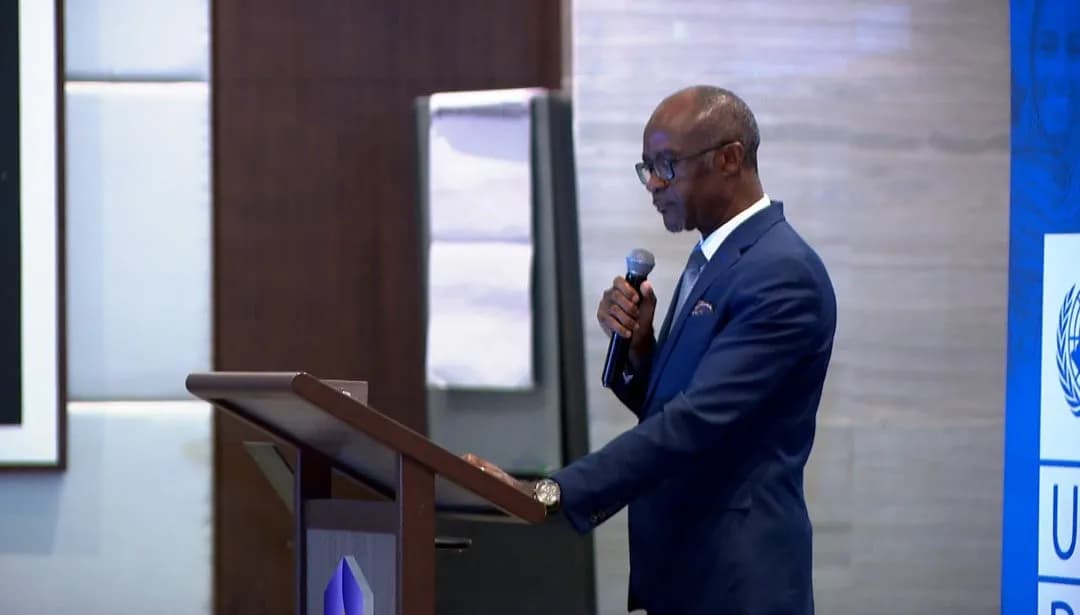Progress for 0 ad
Progress for 1 ad
Progress for 2 ad
Progress for 3 ad


Etenat Awol
Addis Ababa, Ethiopia

Ethiopia, facing mounting climate challenges and a limited early warning system, has set an ambitious target of mobilizing $2 billion in green financing by 2030.
Announced at the UNDP Annual Development Conference which took place last week, the effort will rely on utilizing mechanisms such as green bonds, carbon credits, debt swaps, and payments for ecosystem services to transition toward renewable energy.
“UNDP commits to helping Ethiopia innovatively mobilize US$ 2 billion in green financing by 2030.” Reads a statement by UNDP.
This push comes as Ethiopia aims to capitalize on its vast renewable energy potential, including solar, wind, and geothermal resources, to address a substantial energy access gap. A working paper by UNDP titled Financing Ethiopia’s Green Transition indicates that as of 2023, only 55% of the population has access to electricity, with rural access at just 27%.
Ranked 155th on the global climate vulnerability index, Ethiopia is among the countries most susceptible to climatic shocks, mainly drought and flooding, because of erratic rainfall patterns.
The frequency and magnitude of these climatic shocks are increasing and severely affecting the lives and livelihoods of millions of people. Tigray, Afar, Amhara, and parts of the Oromia and Southern and Southwest regions, have recently suffered droughts.
According to the World Food Program, 15.8 million people in Ethiopia required food assistance in July 2024.
The absence of a robust early warning system exacerbates these risks, making it difficult to mitigate the impact of disasters. Facing these challenges, Ethiopia has secured $400 million in grants over the past decade and implemented initiatives like the Climate Resilient Green Economy (CRGE) and Green Legacy Initiative (GLI) to address them, according to the working paper.
The conference also spotlighted outcomes of the 2024 United Nations Climate Change Conference (COP29), where developed nations pledged to triple global climate finance to $300 billion annually by 2035, a critical opportunity for Ethiopia to attract international funding.
Key areas of focus include diversifying the energy mix with off-grid solutions, strengthening policy frameworks to incentivize private-sector investment, and enhancing institutional capacity to develop bankable projects.
“Addressing Ethiopia's climate finance gap necessitates innovative funding approaches and strong international partnerships.” Emphasized UNDP’s Economic Advisor Ali Zafar. He pledged to support Ethiopia in accessing these funds by exploring innovative financing mechanisms, including debt swaps.
👏
😂
❤️
😲
😠

Etenat Awol
Etenat holds a degree in Journalism and her master's in Public Relations. Previously, she served as a university lecturer and has five years of experience in communications, media, digital marketing, and consulting.
Your Email Address Will Not Be Published. Required Fields Are Marked *